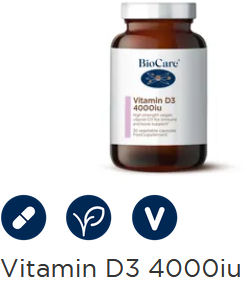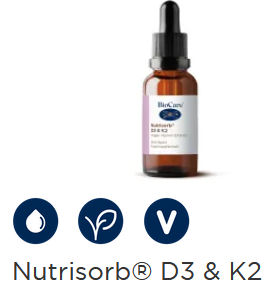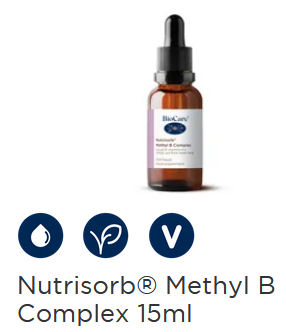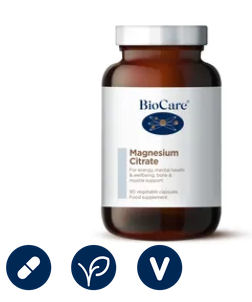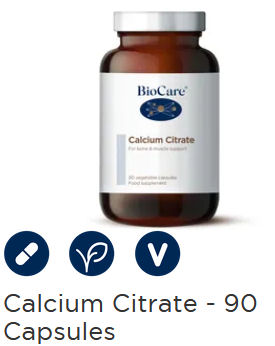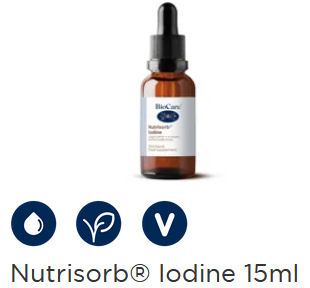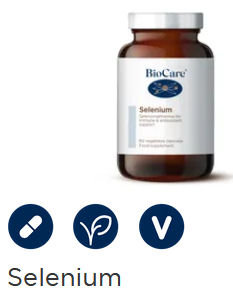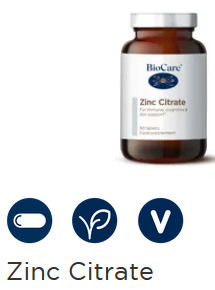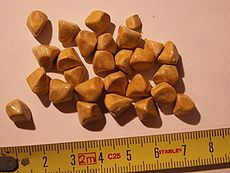Do we need to supplement with Vitamins and minerals?
Value of the Major Vitamins and Minerals
What vitamins and minerals do we need to supplement?
Do we need to supplement with Vitamins and minerals?
The very short answer is YES! We do need vitamins and mineral supplements. And this very much will depend on the quality of as well as the foods we regularly consume, the environmental poisons around us and drugs western or otherwise that we ingest. (Suggestions at the end of the article).
Please note, the information provided in this article is a general guide. If you have specific needs because of symptoms, please contact a professional for advice.
It would be lovely to think that all our nutritional needs can be met by our diet. The reality is that we live in an epoch whereby in our ‘hubris’ have chemically corrupted most of our food sources. And, we have been indoctrinated into loving foods that are congesting and damaging to us long term.
Let me start by sharing That we are the only creatures on this Earth that have lost the ability to discern what our dietary needs truly are. And here we be, needing to be told, and relying on others to tell us what we should eat for our health.

Here is a quote to make this point, “The British Government spends over £30 million a year educating people about the merits of eating five-a-day. The British Medical Association claims GP’s spend around 2% of their time educating patients on the benefits of eating healthy and the five-a-day mentality.”
Can you imagine a cow asking the farmer which type of hay it should eat? All creatures on this earth have a DNA template to find the food that is right for them according to their state of health.
Our need for Vitamin and mineral supplements will depend on our diet and be influenced by chemicals within them and what the animal is fed on, and/or mineral content in the ground for both vegetables, and grass. Western medication as well as chemical and mineral pollution in our environment will also impact our body’s needs. Processed foods are another matter that requires their own paragraph.

For example, if you have a vegetarian diet, you will have foods with a great profusion of minerals and vitamins. However, The vegetable kingdom also contains anti-nutrients such as oxalic acid that will take away many of those nutrients from your ingested meals. This is quite apart from whether the vegetables are grown organically, GMO, pesticides etc.
Being a vegetarian or vegan also carries its own deficiencies that need to be addressed. For example, You will also require B Vitamins that are found in eggs, milk and (grass-fed) beef. Mushrooms can give us B vitamins excluding B12 which can only be produced by bacteria. Such as in fermented cabbage.

Then there is the issue of K2, a fat-soluble vitamin that works in synergy with Vit D3 (sunlight) and calcium giving us strong bones and a healthy immune system. These are found in fatty meats. K2 is also created by bacteria in fermented cheeses and Soy.
If your diet is carbohydrate dense -likely as a vegan/vegetarian, You are probably deficient in vitamin C, for although there is plenty of vitamin C in fruits and some veg it is bound with the carbohydrate. And, your cells will absorb carbohydrates rather than vitamin C.
Value of the Major Vitamins and Minerals
Carnivores do not produce vit. C in their livers, (that includes humans!) There is sufficient Vit. C for their needs in meat. But herbivores or anyone that eats carbs do, For example, a goat can create up to 13 thousand milligrams of Vit C daily.
If you have gone back to eating as a carnivore, your requirements will be different depending on your state of health prior to making the change.
Let’s start with processed foods. You cannot rely on the added minerals and vitamins to supply your needs. A breakfast cereal may say ‘fortified with extra iron, for example. It sounds perfect! After all, we need iron in our cells to move oxygen around the body.
Unfortunately, iron filings will add to your constipation. The human body can only truly process and absorb what is ingested in a bio-available form, and this applies to a number of minerals. “Fortified with minerals and vitamins” sounds good, but overall quite useless to the body, which requires bioavailable ingredients for effective absorption.
The following are the major minerals that depending on one’s diet might need supplementing or adjusting
Calcium: we all have bones and teeth, so we are pretty well stocked up. However, on a plant diet, oxalic acid can leech calcium from the food and our bones.
Iodine: Primarily associated with the thyroid hormones. Nevertheless, most internal organs and glands also require it.
Iron: Loads in a bio-absorbable form in red meat. Vegetables contain it but, the body can hardly absorb it. Vegetables also contain anti-nutrients that inhibit the absorption of minerals.
Magnesium: Super important for the human body. Most people are deficient in this mineral. Leached by oxalic acid in vegetables and nuts, and very low in meats. We need it for nerves, muscles, the immune system and biochemical reactions in the human body.
Potassium: Low potassium causes irregular heartbeats, oedema (swelling), brain damage, etc. many fruits and veg. contain lots of potassium. Although much of it is robbed by the oxalates in the food. Red meat also has sufficient potassium for one’s needs.
Phosphorous: it’s in our bones and teeth, and in most foods. It is most problematic When eating processed foods. The naturally high amounts of phosphorous in them need to be expelled by the kidneys. This can be damaging if the kidney function is already impaired, as in Type 2 diabetes, for example.
Selenium: trace mineral. Indispensable for a huge amount of hormonal and bio-energetic processes in the body. Used to be abundant, but modern farming practices has created a deficiency in the soil in way too many farmlands worldwide.
Important for the immune system, very low levels will affect the heart muscles, also swelling and joint pains. You can look online to find out if your country /area is depleted. Although, if you buy from a supermarket, will you ever truly know?
Sodium: Ideally the form of sea salt is important, however, it depends on the state of your kidneys. Too little salt and you will get muscle cramps, too much -doesn’t bear thinking about. Blood blisters in the mouth, bloody nose, high blood pressure etc., So what is right for you? Frankly, it depends on your diet, if you are a carnivore one pinch of salt a day is probably sufficient as meat contains salt in the tissues. Between 1 and 3 gm a day.
Zinc: Incredibly important for epithelial cells such as lungs and digestive tract, needed in cell healthy functioning. Easily found in red meat, poultry, beans, nuts and whole grains.
Manganese, Copper, and molybdenum are all present in red meat in average amounts, and readily available in nuts, seeds, and vegetables.
Sulphur: a very essential mineral for the body which will be found in plenty in Nature. You will never get too much Sulphur from eating meat however, you can theoretically overload if you have too much ongoing sulphur, the following video will inform you better.
What Vitamins and minerals do we actually need to supplement?
Because the requirements of Vitamins and minerals are different according to diet. I will break them down. I am also going to make a recommendation for supplements that are Bio-available. That means the body will treat them as ‘food’ to be absorbed. Rather than the chemical vitamins that are added to foods, or many of the vitamins that can be bought in the market.
For the past thirty years, I have mainly consumed and recommended BioCare products. Yes, they are more expensive than cheap chemical imports from other countries. The old adage of “You get what you pay for” applies here.
As an example, I used to buy Vitamin D3 very cheaply on the net. And I still came down with ‘flue’ I became suspicious because my wife who was spending quite a bit of time in the garden did not, even though we slept next to each other.
I consulted with ~Charley who told me The Vit D3 was inadequate and when I pressed for more information directed me to the BioCare one! The first one was £3-4 for the year, and the BioCare one, was about £18 for the month! (Ouch!!) So I gave myself a little pep talk. “Go on you old skin flint, good health has no price ” 🙂
Good quality Bio-food state vitamins and minerals that your body will absorb are not cheap. In the UK with BioCare if your order is over £25 delivery is free and delivered almost the next day. When you make an order at any time, You will get 10% discount off your order, and you will help with my costs on this website too if you input the following Practitioner referral code.
Referral code : P9358
[Add code when you first set up an account with BioCare]
Since we live in the Northern latitudes, we need to supplement with Vit D3 for a good 8 months + of the year, especially me as I spend a lot of my time indoors. I have never looked back since upgrading to the proper D3 from BioCare. (1 D3 4000iu per day)
So, regardless of diet, most people need at a minimum an average of 20 min. everyday whole body sun, longer the darker your skin i.e. complete ebony 40 minutes a day whole body. If you don’t get this level of Sun exposure, you will need to supplement.
Vegetarians /vegan Need Vit D3 + K2 – to be consumed with fat for better absorption and dispersal. (1 drop a day under the tongue)
Methyl Complex for Vegetarians/vegans. Don’t neglect this! I have met a number of people with terrible nerve pain because they were extremely deficient in B Vitamins. It contains all 8 types of B Vitamins, my suggestion is to take this variety, it is water-soluble and one drop a day is a good maintenance dose. The capsules/tablets variety can repeat in the Stomach.
This is not so widely known but vegetables, nuts, and some fruits contain oxalic acid (an industrial strength cleaner for its ability to bond with calcium, iron, magnesium, and other minerals including Vit B-12) The body can deal with approx 150 mg. a day anything over gets stored as crystals in the body but not before floating around in your blood! One-quarter cup of spinach is equal to approx 700 milligrams. So it is very easy to over-consume. the oxalic acid in green veg, nuts, sweet and normal potatoes, beetroot, and beet leaves will rob your body of any minerals in your blood!
Magnesium citrate, for all food groups. I will recommend 1 to 2 capsules a day, with meals. Super important for the nervous system and other bodily processes. I suggest the citrate variety because oxalates will bind to it. Oxalic acid will bind like a magnet to essential minerals in your body, and hence it is very easy to be mineral and vitamin-deficient when a vegetarian, even though the plants contain many nutrients.
Calcium Citrate For Vegetarians/ vegans who eat, or have eaten, a lot of high oxalate foods, see pdf. with the content list, I would also recommend for the same reasons as above. 1 to 2 capsules a day with meals.
Iodine–for all food groups, 2 drops a day. Unless you eat a lot of seafood, and to be frank, you need to be suspicious of anything that comes out of the ocean, especially if it’s big and has been around for a while. Most fish are now farmed and fed soy and antibiotics. Or, they have eaten smaller fish and have accumulated mercury in their flesh. Some people have iodised salt, and others eat seaweed. But, for the rest of us, our thyroid as well as the rest of our hormonal system requires it. See also iodine def. in embryos.
Selenium –for all food groups, 1 capsule a day maintenance dose.
We have a veg plot in our garden where animal bones were buried by a vet in the early 1900s. My wife eats home-grown veg, she has no present deficiency. I only eat meat from my own cows (we are in Fife, UK) I need to supplement because the fields have no significant amounts of selenium, so my meat is lacking in this important trace mineral.
Zinc Citrate For all food groups 2 to 3 tablets a day
If you have leaky gut syndrome, (how do you know? – Fungus infections, allergies to foods floaters in the eyes, headaches not due to stress, depression for which there is no obvious reason, gout, gut disorders and many more).
The body has a greater need when there are viral or bacterial infections. Also, if you have eaten too many oxalates over the years and, even though you may have stopped eating them, your body will have a greater need for zinc. The citrates on the above list will bind with Oxalic Acid, and stop it from robbing your body of minerals as well as minimise the potential for subsequent Kidney stone formation.
As long as you were not Type 2 diabetic in the making before turning carnivore. You will generally find sufficient zinc in meat, but you need to have been already healthy for a while before changing.
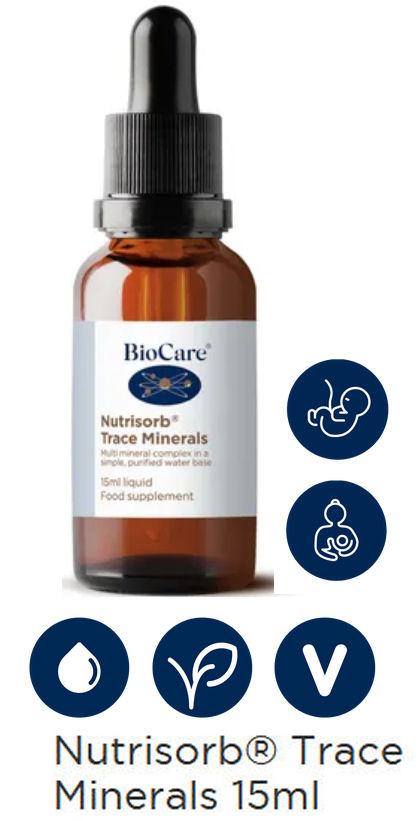
Trace Minerals one drop a day For those with processed food diets, High oxalates or transitioning away from high oxalate (vegetable) diets.
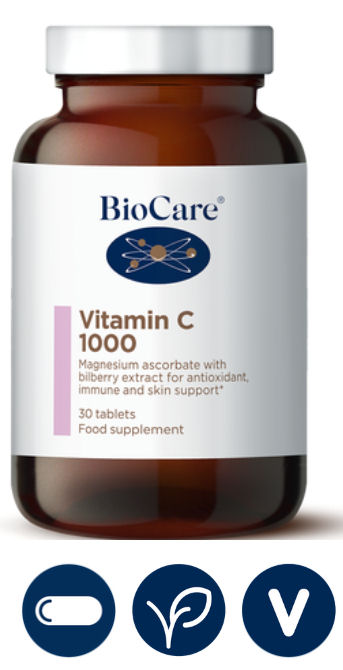
Vitamin C This is a complicated issue if you are Vegan/ vegetarian or even eat meat as well as carbs, have infections or take drugs, recreational or prescribed. Then you most definitely should be taking Vit C. Don’t take Vit C. with your carb meals. Your body will produce insulin to mop up the carbs and drive them to the cells. The cells will intake the carbs rather than the Vit C which is a very similar structure to carbohydrates. Best to consume a few hours before or after a meal.
How much? A good maintenance dose is 1000 mg. a day, this can be taken in two 500 mg, capsules if you are fairly well saturated and or 1000 mg. if your need is higher. Your body will store the excess Vit C until it can’t use up any more. The only way to know how much you need is that if you have too much, it will give you a loose and insistent bowel movement. At which point you would stop and start again a few days later at a slightly lower dose.
I have had leaky gut syndrome for many, many years, the only answer is to remove the offending items to give the guts time to heal, this can take years depending on the damage.
When I became a carnivore, I read that Vit C was unnecessary as meat contains enough. So I stopped taking it. It was a huge mistake, and twice I had visible signs of scurvy that was even affecting my eyes. It was a mistake because I still had a damaged gut, as well as was still having a bit of fruit (carbs) now and then. Today, after one year of no carbs at all, I no longer need to take a Vit C supplement. For if I do, my liver will convert it to oxalic acid (which comes out through my eyes as morning sleep crystals).


